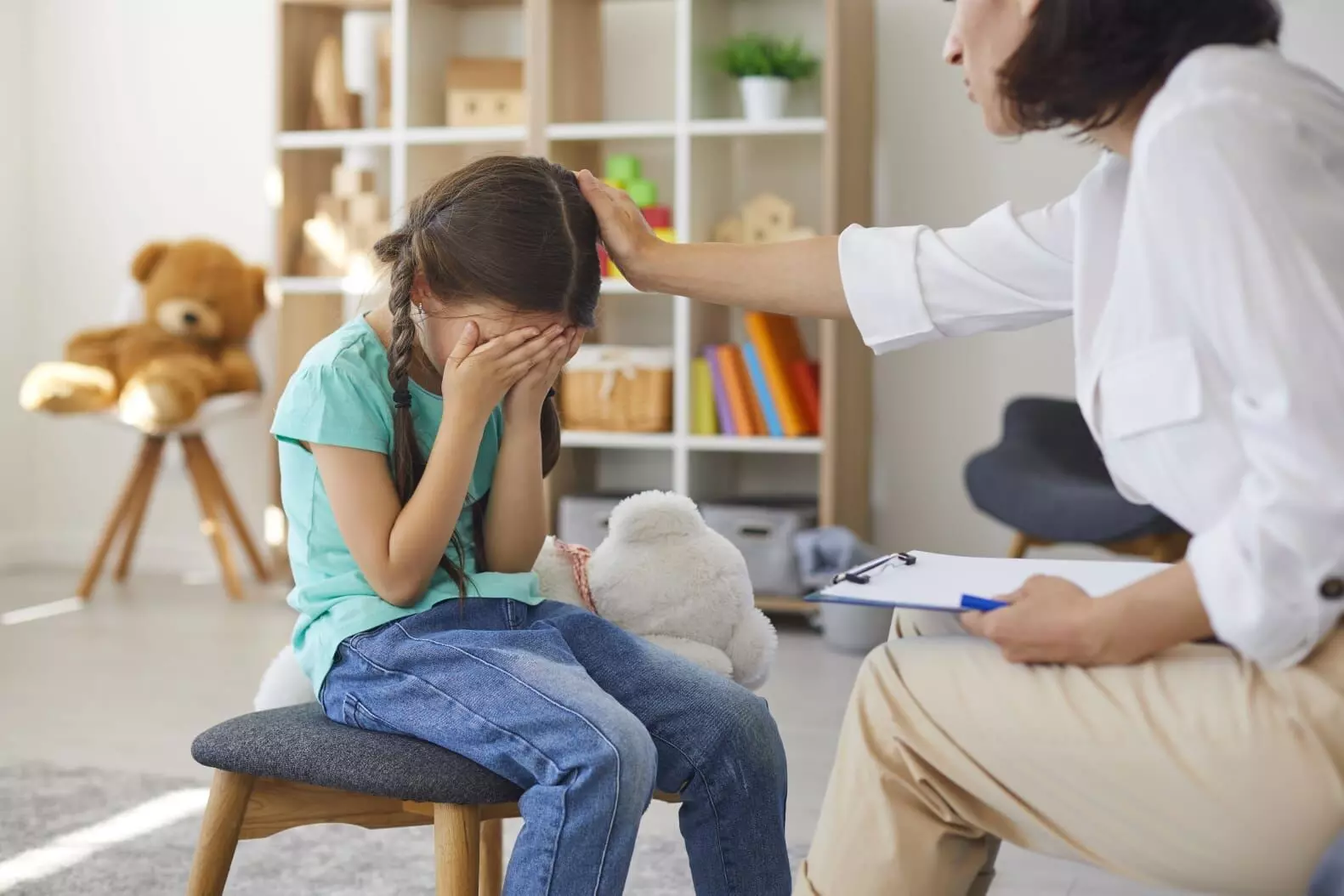Telangana among 5 states witnessing mental health crisis among children: Study
The report has findings from primary data along with secondary data analysis on budgetary, programme, and policy trends on children’s agenda.
By Sulogna Mehta
Hyderabad: A new study has revealed loss of access to child-friendly spaces and playgrounds during the pandemic affected their healthy movement behavior.
Titled `The Rights and Agency of Children (TRAC) 2022’, the study was conducted by `Bal Raksha Bharat’ or `Save the Children’ (STC). It focussed on the mental health and psychological well-being of children post Covid pandemic. The report was made in consultation with Nimhans and other organizations.
The report has findings from primary data along with secondary data analysis on budgetary, programme, and policy trends on children’s agenda. The primary data was collected from children between the age groups of six to 18 years between July and September 2022 across five selected states (Bihar, Assam, Telangana, Uttar Pradesh, and Madhya Pradesh).
Highlights
The literature review across different states highlights the onset of new mental health concerns and worsening of pre-existing mental health conditions among children, the disproportionate effect of Covid-19 on children from disadvantaged groups, and the excessive burden on healthcare infrastructure resulting in neglect of psychiatric needs, among others.
The report was launched by Rakesh Ranjan, mission director, Aspirational District Programme, NITI Aayog last month. The report appeals to families, communities, schools, civil society, and the government to promote, strengthen and address mental health for all children.
Chairperson of STC Deepak Kapoor, says, “The maiden issue of the TRAC report will help in setting appropriate policies and programmes and deepen discourses of mental wellbeing and action to ensure a safe, dignified and happy future for all children of India.”
Former director of Nimhans and advisor of Samvad, Dr. Shekhar Seshadri, says, “Child mental health lies not in textbooks of Psychiatry, but out there in the community, in the streets, in homes and families, in child care institutions and schools, in books, music and the theatre of everyday life.”
Government initiatives
The report appreciates the government initiatives taken up to address the mental and psychosocial well-being of children including the initiative by the Ministry of Women and Child Development, with the tele-counselling helpline for children through Samvedna (Sensitizing Action on Mental Health Vulnerability through Emotional Development and Necessary Acceptance) and Manodarpan by the Ministry of Education, a web portal covering a wide range of activities to provide psychosocial support including a national toll-free helpline number for students.
Coping mechanism
The primary study on mental health and psychosocial well-being amid Covid-19 with 4,200 children highlights the coping strategy used by children to face the distress caused by the pandemic in the last two years, using a global Brief-COPE study tool (Coping Experience to Problem Experienced). Findings of this section have been drawn out of a consultation with 4,200 children across five states of India (Assam, Bihar, MP, Telangana, and UP), and a secondary literature review across different countries. It was observed that one in every two children used avoidant coping mechanisms - denial and disengagement (52.7 %) and problem-focused coping (51%), followed by emotion-focused coping mechanism (43.3 %). The religious-coping mechanism was used more by rural adolescents.
Other Key Findings
Pandemic-related stress was experienced by children through key proximal factors such as parental conflict, parental mental illness, and socio-economic disadvantage. Dropping out of school hurt the mental health of children.
The mental health impact during the pandemic ranged from anxiety and fear of Covid-19 infection, and emotional distress due to changing and uncertain circumstances to symptoms of depression and Post Traumatic Stress Disorder (PTSD).
Among adolescents, the prevalence of mental health concerns such as new-onset depression (55 %). Anxiety (48 %), PTSD symptoms (45 %), suicidal ideation of behavior (38 %), and intense grief reactions (58 %) during the pandemic were reported.
Loss of access to child-friendly spaces and playgrounds during the pandemic affected their healthy movement behavior. Key mental health services including Electroconvulsive therapy, Outpatient department, and Psychotherapy were significantly affected.